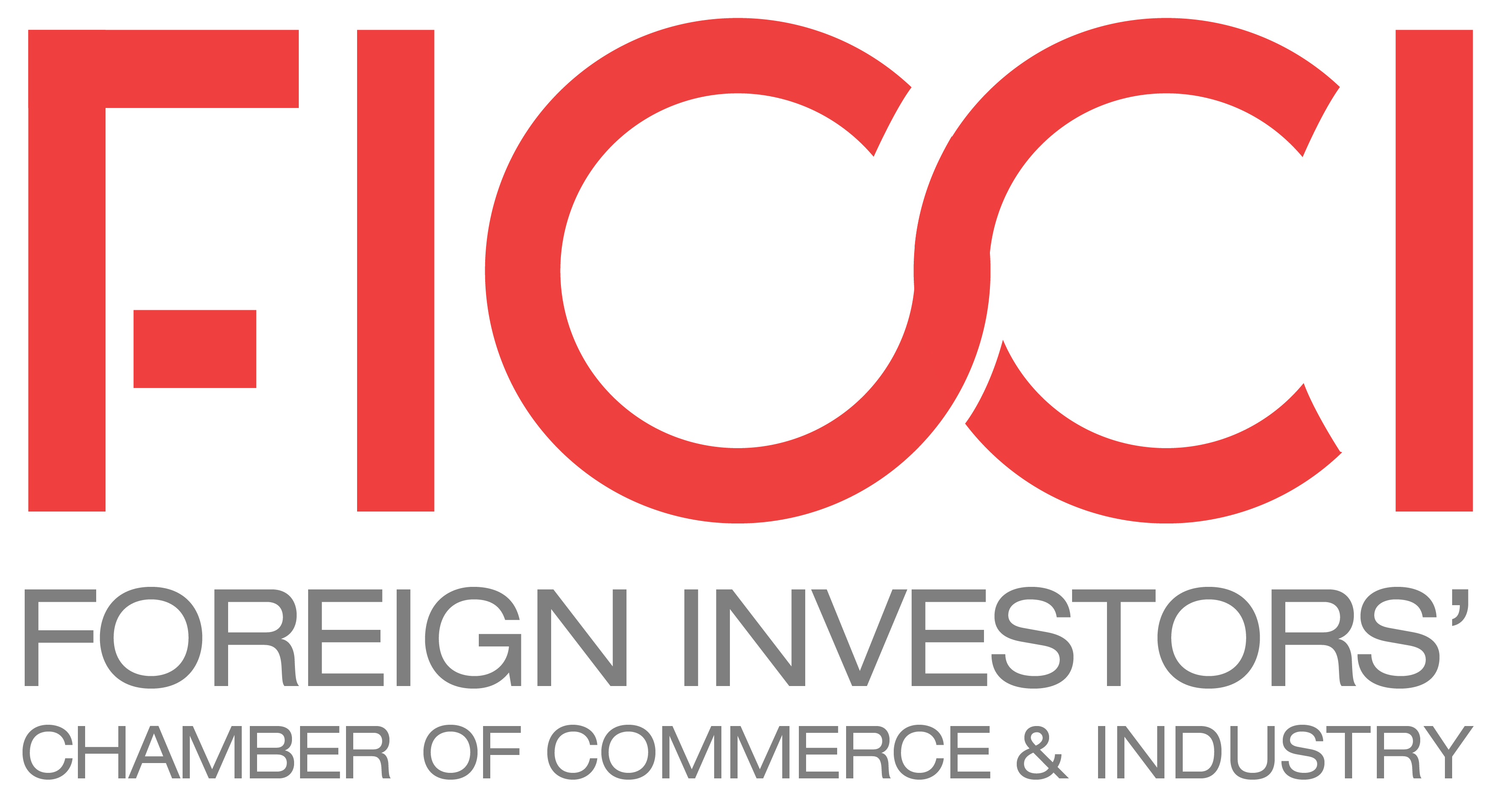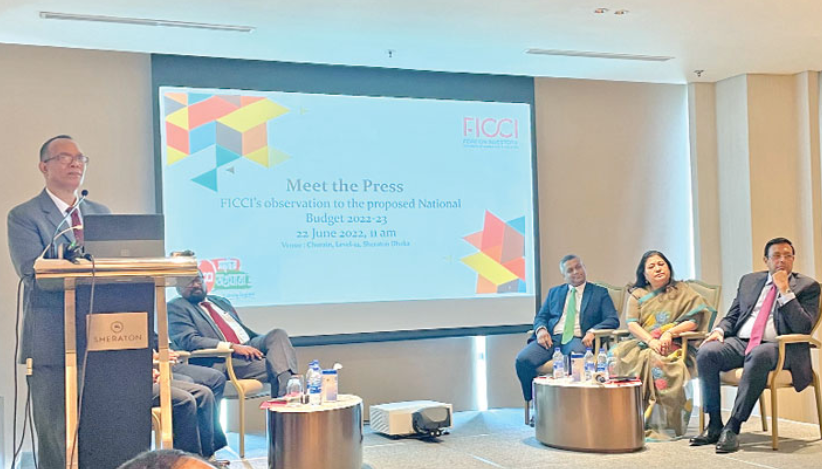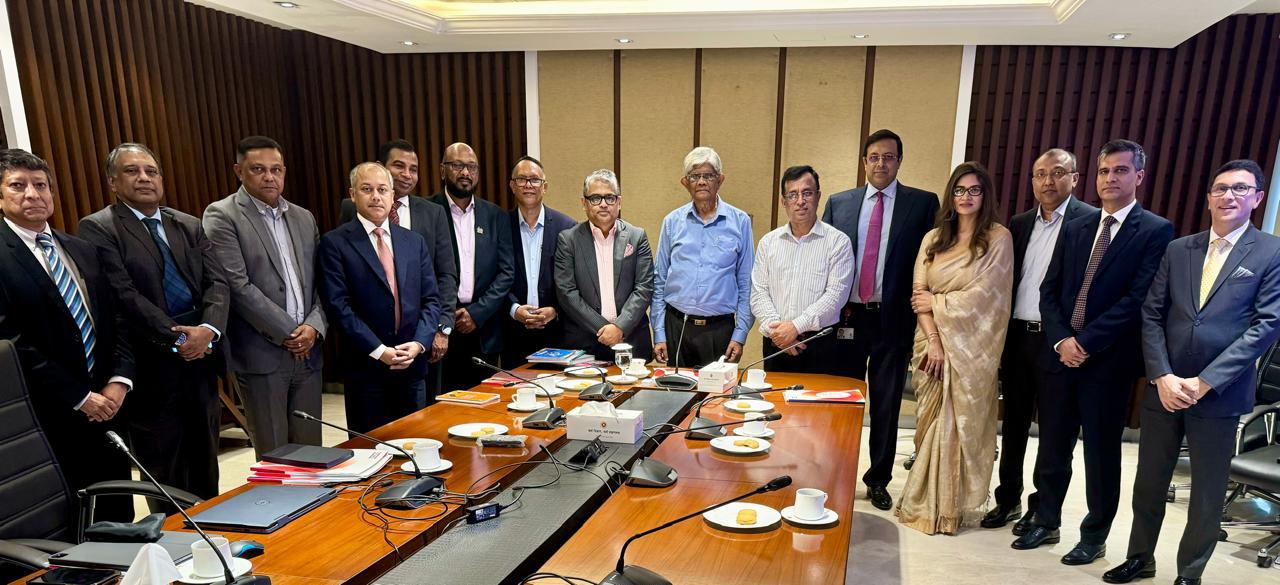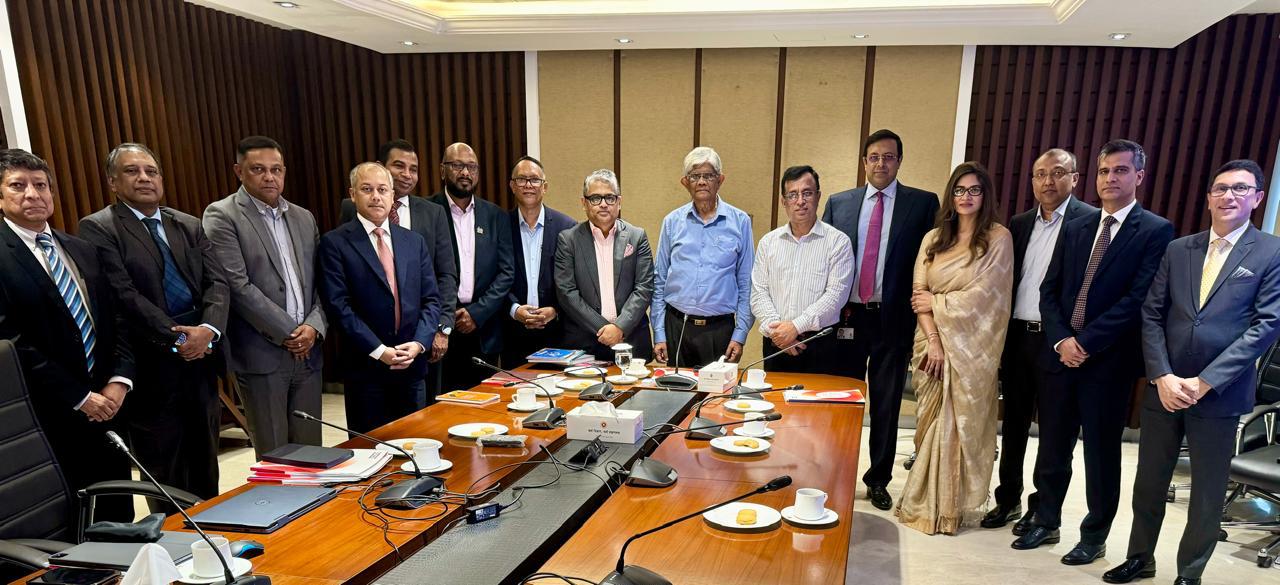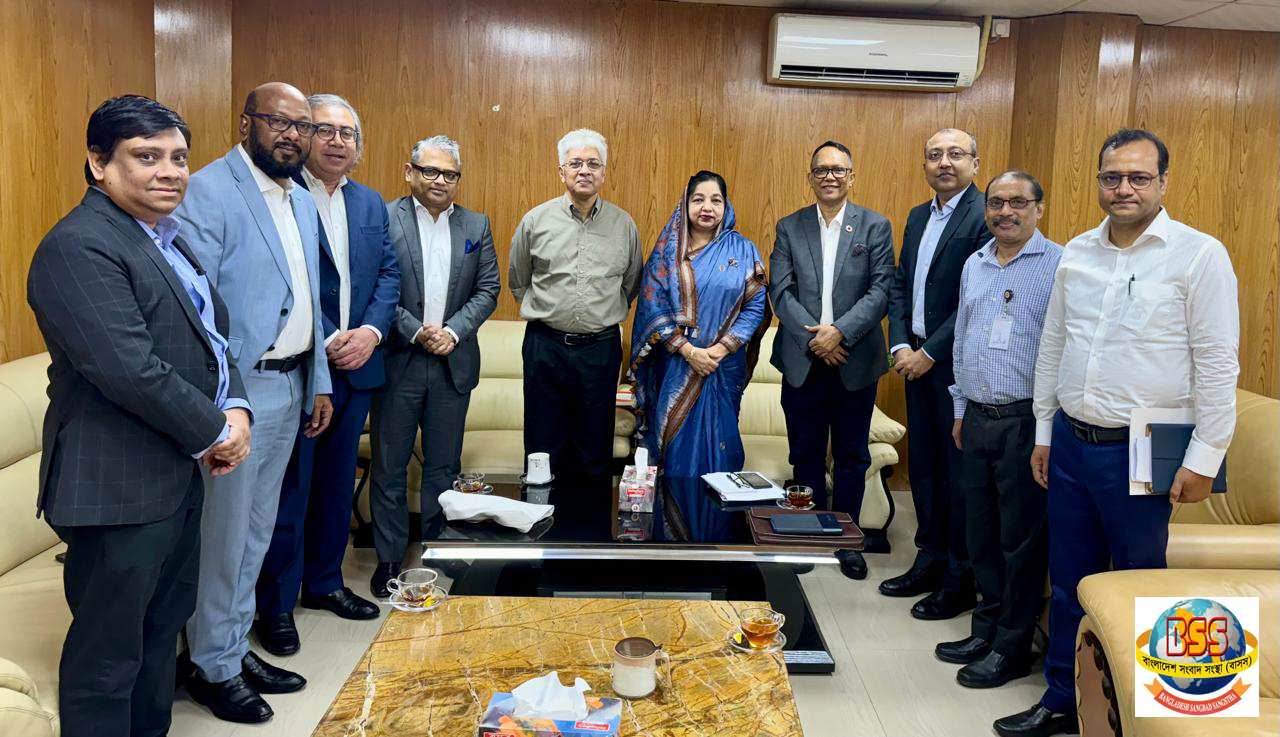Foreign Investors’ Chamber of Commerce and Industry (FICCI) urged the government to reconsider the proposed tax on Workers’ Profit Participation Fund (WPPF) saying that it will increase the effective tax rate.
Disallowing WPPF as an expense is identical to double taxation as both employees and employers will have to pay tax on this, said FICCI leaders in a reaction to the proposed budget on Wednesday.
According to Labour Law of 2006, the WPPF is payable from the company’s net profit, which has been defined in the law as pre-tax profit.
An individual is required to pay tax on it for an amount exceeding Tk 50,000. On the other hand, 10 percent of 5 percent of the net profit should be contributed to the government’s welfare fund.
In his speech, FICCI President Naser Ezaz Bijoy said the budget should reflect the multi-year policies for sustainable growth of the economy as most of the foreign investors come with a mid-term planning.
He said the growth of the multinational companies (MNCs) will be slowed down with the disclosure of some of the provisions which will further prove
discouraging to local and foreign investments. “We hope that the recommendations are taken into consideration and allow the chamber to extend its continued support to the government of Bangladesh and work together toward the development of the country by developing a tax-friendly environment,’ Naser Ezaz, also chief executive officer of Standard Chartered Bangladesh said.
The seasoned banker thinks the amnesty for the money launderers will discourage the formal tax payers who follow the compliance and regulations.
“There is a huge scope of whitening the black money in land business. The government should re-define the price of land (mouza) based on local values to control the practice of black money,” he said.
Berger Paints Bangladesh managing director Rupali Chowdhury said the government should introduce stable policies for the foreign investors as the companies hardly change strategies for tax policies every year.
“Over 2.1 million workforces enter to the market every year. If we do not support the industries, the educated workforces will become burden for the economy,” she said.
“We welcome the investors offering bunch of incentives at different economic zones. However, when they started operations, the complexity of tax makes the investors worried. From FICCI, we continue discussion with the government,” she added.
British American Tobacco Bangladesh Managing Director Shehzad Munim said the nation has no chance to go back as the country is now driving on highways of development.
“There are several speed breakers (hurdles) on this development journey. We should continue the journey with a balanced speed to keep pace with the global economy,” he said.
In a keynote presentation, Fellow Chartered Accountant Snehasish Barua suggested developing an automated system for monitoring the tax submission.
“NBR and ICAB piloted a project on automation of tax submission. When the regulatory body gets notified about the returns submitted by a company, the firm will get relief from running from office to office to have it scrutinised,” he said.
The professional accountant appreciated the endorsement of start-up business in the country’s fiscal planning for the first time.
Uniliver Bangladesh Managing Director Zaved Akhtar, Nestle Bangladesh Managing Director Deepal Abeywickrema and Berger Paints Bangladesh Chief Financial Officer Sazzad Rahim Chowdhury and FICCI Executive Director TIM Nurul Kabir were also present on the occasion.
In the post-budget reaction, FICCI proposed an amendment to the law to allow at least 50 percent of the proceeds to be collected through banking channels to get such a reduced tax rate.
From the next year on, the ceiling can be gradually increased by 10 percent. It also said all investments and expenses in excess of Tk 1.2 million must be paid through the banking channels.
FICCI also proposed that section 30 of the ITO, 1984 should be amended to remove the contradictions.

